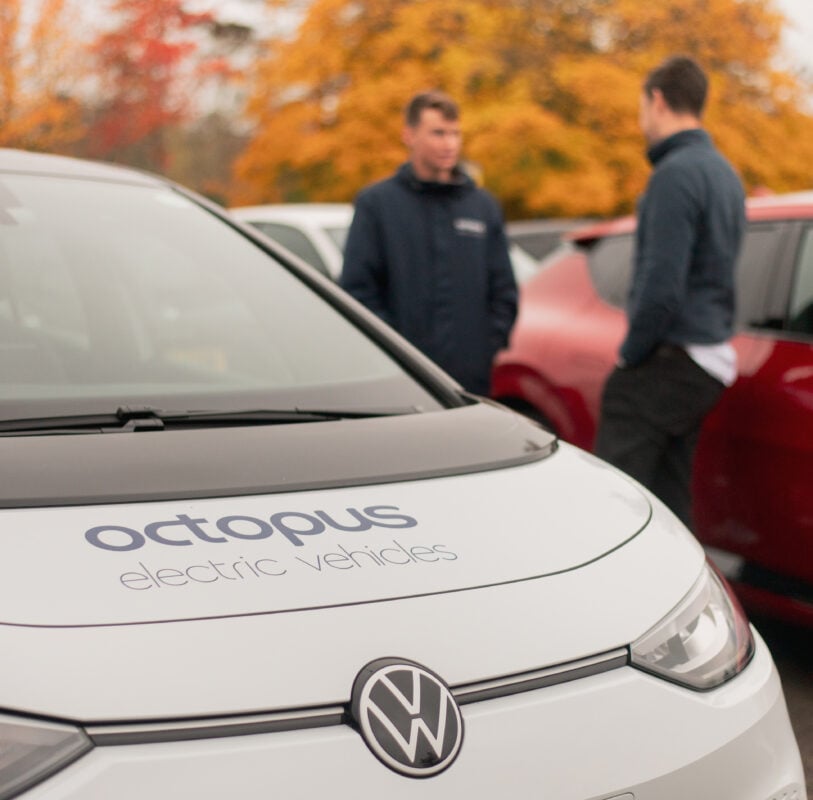Octopus Electric Vehicles is now HSBC UK’s recommended salary sacrifice provider for electric vehicle (EV) leasing.
Octopus Electric Vehicles’ salary sacrifice scheme allows drivers to pay monthly for a new EV out of their paycheque. Octopus claims that drivers can save up to 40% on a bundle of an EV, charger, and a discounted energy tariff.
Octopus and HSBC have a longstanding relationship; in 2022, HSBC UK provided funding to Octopus to expand its electric vehicle fleet in a multi-million pound deal. Last year, Octopus signed a memorandum of understanding with EV manufacturer BYD, allowing Octopus to add an increased variety of EV models to its offering.
Fiona Howarth, CEO at Octopus Electric Vehicles, commented: “Salary sacrifice is by far the cheapest way to pick up a new EV, however the benefits are not exclusively for drivers, but for their employers too. By partnering with HSBC UK, we hope to make businesses of all sizes aware of one of the most attractive business perks around right now.”
Robert King, UK head of commercial banking sustainability at HSBC UK, said: “Supporting the transition to net zero is a vital part of our UK strategy. The Octopus EV salary sacrifice scheme is a great example of how we work with our partners to deliver innovative solutions to our customers.”
Salary sacrifice and tax incentives encourage EV uptake
As part of Labour’s first Autumn Budget since taking power in July, chancellor of the Exchequer Rachel Reeves announced that existing incentives for EVs in company car tax will be maintained to support the uptake of EVs.
The Society of Motor Manufacturers and Traders (SMMT) noted that salary sacrifice schemes are some of the most successful incentives for increasing EV uptake; in an open letter to the chancellor ahead of the budget, the SMMT urged the government to maintain the current tax incentive structure in order to further boost EV sales, as well as encouraging the government to halve VAT on new EV purchases to put more than two million new EVs on the road by 2028.
Alongside salary sacrifice schemes, much of the demand for EVs comes from the second-hand market. SMMT figures show that in Q2 2024, sales of used BEVs rose by 52.6% to reach a record market share of 2.4%, with sales of used plug-in hybrids and hybrids rising by 25.2% and 43.6%, respectively. This continues the trend seen in the first quarter of this year, during which used BEV sales rose by 71%.






